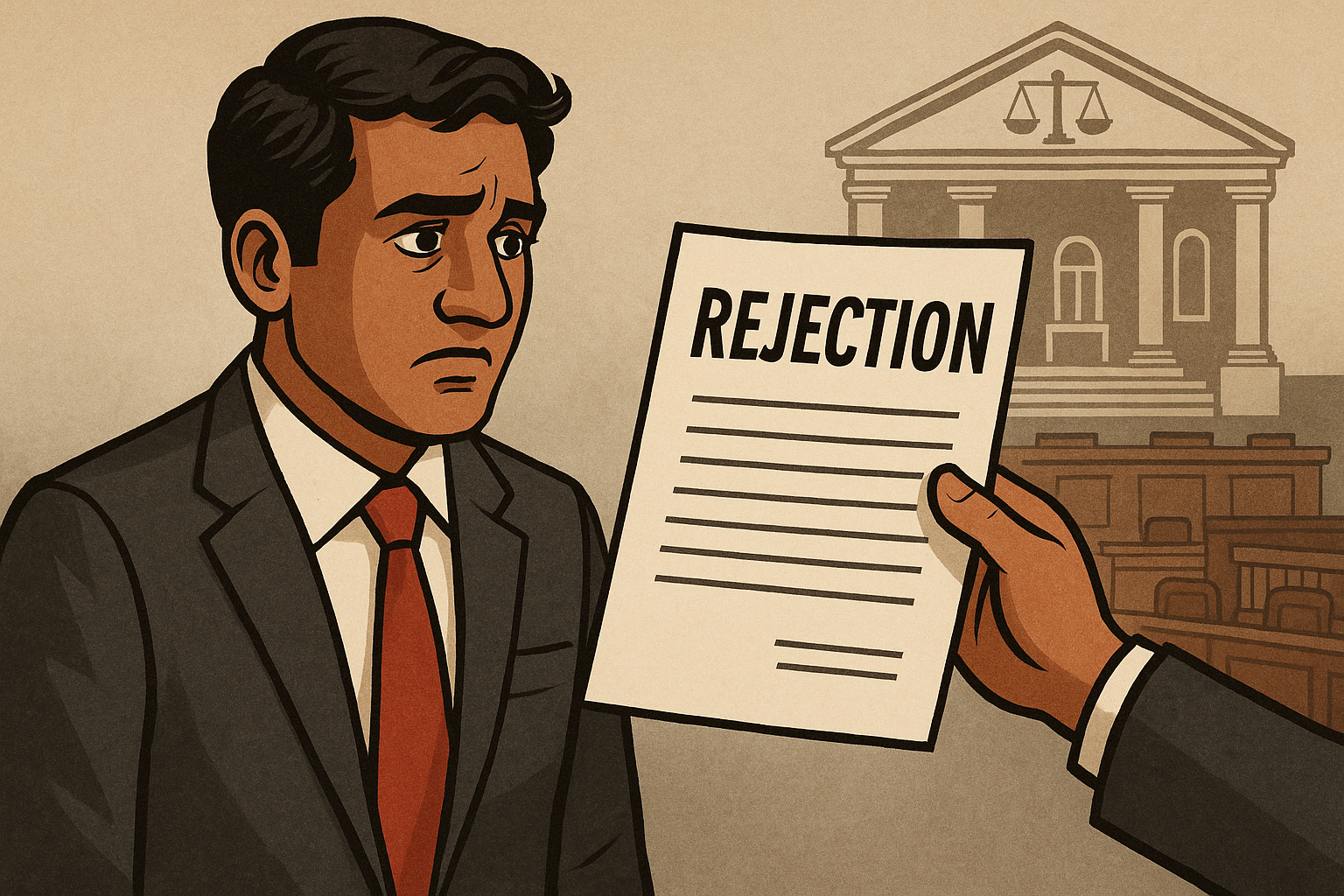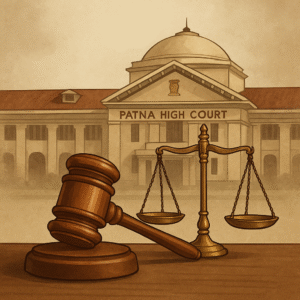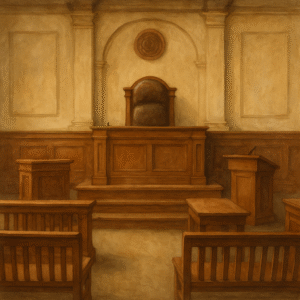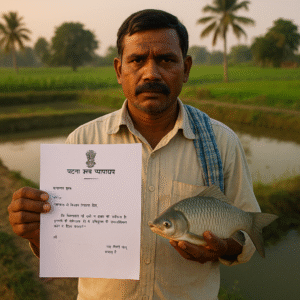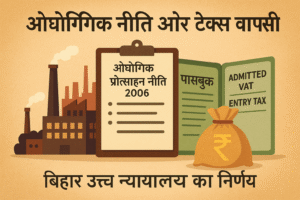Simplified Explanation of the Judgment
In a judgment that underscores the constitutional limitations of writ jurisdiction under Article 226, the Patna High Court dismissed a petition filed by an aggrieved engineer against a private company. The Court held that the company in question—Redecon (India) Pvt. Ltd.—does not fall under the definition of “State” under Article 12 of the Constitution of India, and therefore, no writ can be issued against it by the High Court.
The petitioner, a professional engineer, approached the High Court seeking several reliefs, including:
- Declaration that his termination from the position of Resident Engineer was illegal and violative of natural justice.
- Quashing of a two-year debarment order issued by the project authority NHIDCL (National Highways and Infrastructure Development Corporation Ltd.) which also led to the freezing of his credentials on the INFRACON Portal—a key government platform for infrastructure professionals.
- A direction to unfreeze his INFRACON profile so he could continue to seek assignments.
- A declaration that such actions infringe on his right to practice a profession of his choice.
The case arose from his association with a project under NHIDCL, where Redecon (India) Pvt. Ltd., a private consultancy firm, terminated his engagement. Later, NHIDCL also blocked his profile from the official portal INFRACON, effectively debarring him from future work opportunities.
However, the Hon’ble Mr. Justice P. B. Bajanthri, presiding over the matter, concluded that:
- The core grievance of the petitioner was against Redecon (India) Pvt. Ltd., a private company.
- Under constitutional law, a writ petition under Article 226 can only be entertained against entities that qualify as “State” under Article 12.
- Since Redecon is not a public body or an instrumentality of the State, no writ lies against it.
- The matter is thus not maintainable before the High Court.
The Court allowed the petitioner liberty to seek redressal before an appropriate forum, such as a civil court or labour tribunal, depending on the legal nature of the engagement.
This case is a textbook example of the limitation of writ jurisdiction and reinforces that contractual disputes with private companies—even if working on public projects—must be resolved through ordinary civil remedies unless they can be shown to act as “State”.
Significance or Implication of the Judgment
This decision is significant for professionals working under public-private partnerships, outsourced contracts, or consultancy roles in government infrastructure projects. Key implications include:
- Not all grievances involving government projects are enforceable through writ petitions, especially when the contracting entity is private.
- Only those bodies that fall under the definition of “State” or “instrumentality of State” under Article 12 can be subjected to writ jurisdiction.
- Affected professionals must carefully identify the status of the authority or organization before approaching a constitutional court.
This ruling prevents the misuse of writ jurisdiction for employment or contractual disputes involving private firms, even if the project is under a government scheme.
Legal Issue(s) Decided and the Court’s Decision with Reasoning
- Can a writ be issued against a private company like Redecon (India) Pvt. Ltd.?
- No. The Court held that the company does not fall within the ambit of “State” under Article 12 of the Constitution.
- Does the petitioner have a legal remedy elsewhere?
- Yes. The Court allowed the petitioner liberty to approach an appropriate forum such as a civil court or labour tribunal.
- What defines an entity as “State” under Article 12?
- An entity must be either a direct wing of the government or an agency or instrumentality of the State. Factors include financial support, deep control, or public functions. None of these were satisfied in this case.
- Can NHIDCL’s action be challenged in writ?
- Although NHIDCL is a public body, the specific act of debarment here was linked to a decision initiated by the private firm Redecon. Hence, the primary grievance was with the firm, not NHIDCL’s independent action.
Case Title
Er. Jagdish Singh v. Union of India & Ors.
Case Number
Civil Writ Jurisdiction Case No.9454 of 2021
Coram and Names of Judges
Hon’ble Mr. Justice P. B. Bajanthri
Names of Advocates and Who They Appeared For
- Mr. Manendra Kumar Sinha — Advocate for the Petitioner
- Dr. Krishna Nandan Singh (ASG) — For the Respondents
Link to Judgment
If you found this explanation helpful and wish to stay informed about how legal developments may affect your rights in Bihar, you may consider following Samvida Law Associates for more updates.


